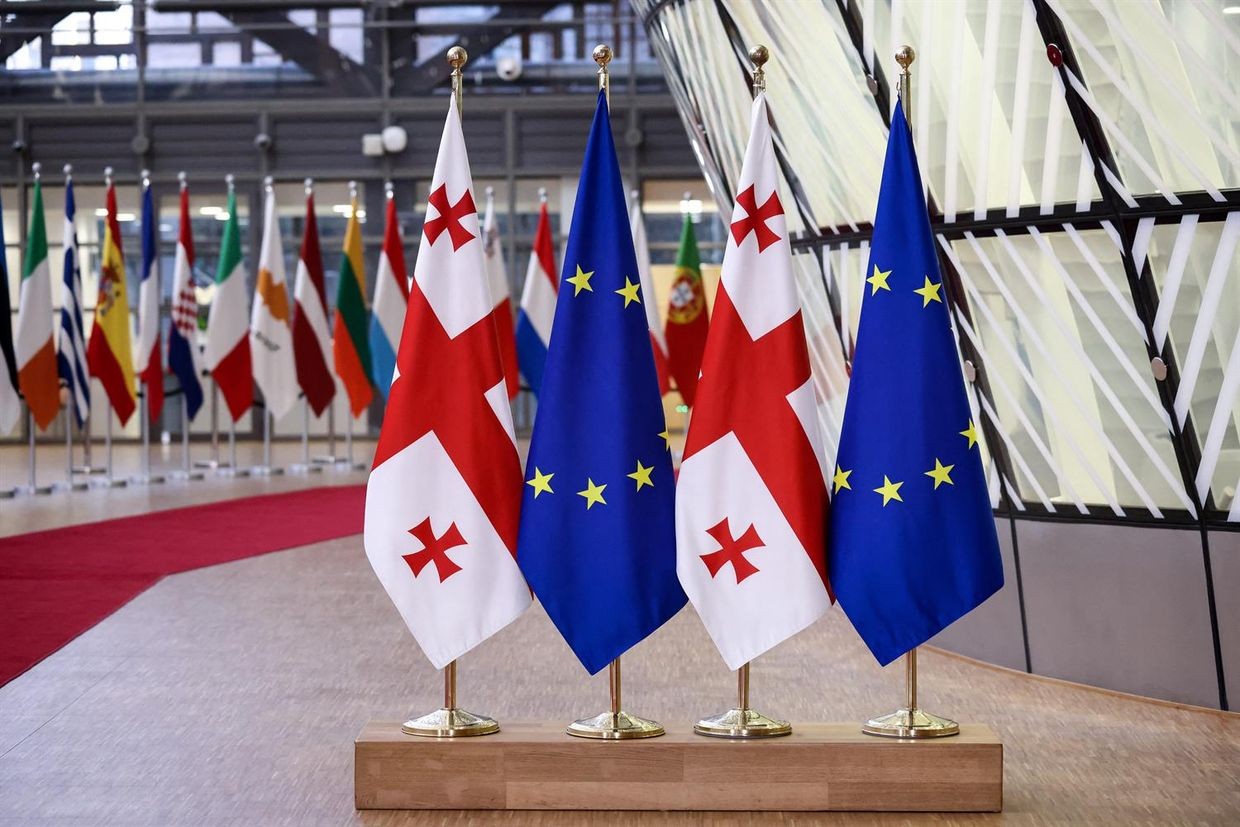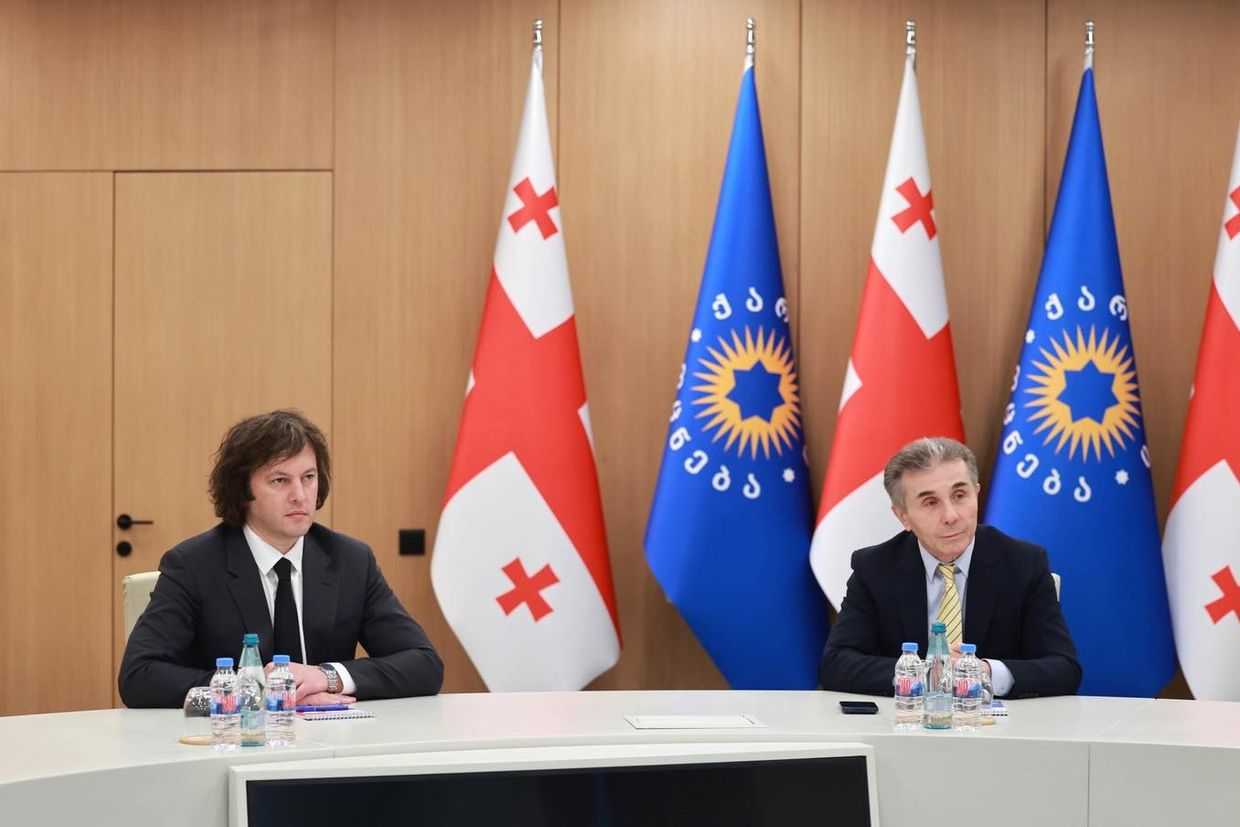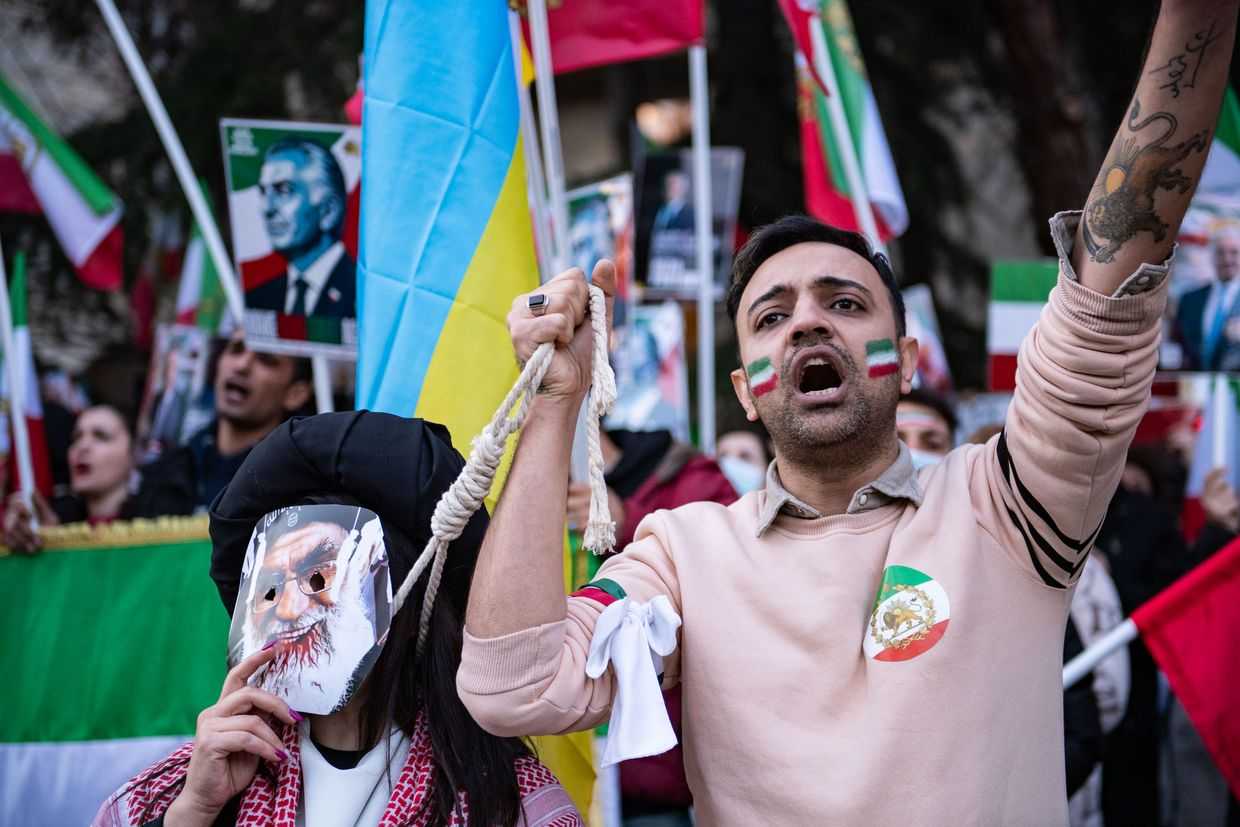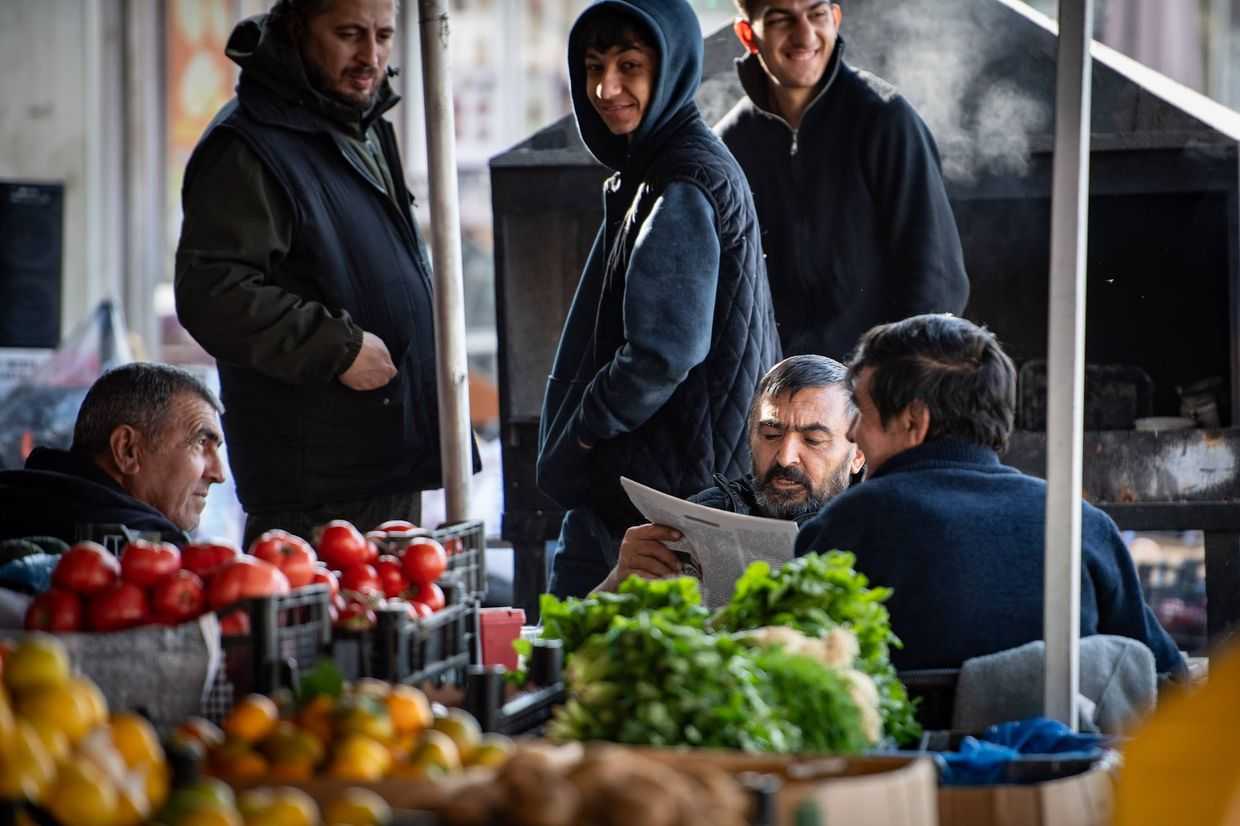
The EU has backed a set of rule changes that would make it easier to suspend visa-free travel from countries that currently have visa-waivers if they are found to pose security threats or are violating human rights. The changes are reportedly inspired by and focused on Georgia, as relations between Brussels and Tbilisi continue to plummet.
Under the new rules, which have yet to come into force, there are both ‘new grounds for suspension’ and ‘no impunity for third-country government officials’.
‘With a modernised suspension mechanism, the EU will be able to suspend visa-free travel in the case of serious human rights violations, and can target suspensions at government officials or other groups’, EU Rapporteur Matjaž Nemec said.
Once the measure is formally adopted, it will go into force 20 days later.
Ahead of the measure being approved on Wednesday, RFE/RL reported that EU diplomats have ‘admitted’ the changes are focused on Georgia. In addition, apparently in light of concerns that the revocation would unfairly target average Georgians, the changes would allow only officials to be impacted over a three-year period of preliminary suspension.
Georgia secured visa-free travel to the EU in 2017, which the ruling Georgian Dream party has repeatedly cited as a significant achievement.
However, since Georgia received EU candidate status in 2023, the bloc has grown increasingly critical of Georgian Dream, warning that the democratic backsliding in the country could result in the visa-free status being revoked.
In July, the EU’s migration commission urged Tbilisi to provide an update on the implementation of recommendations issued by Brussels in December 2024 by the end of August, and, ‘if not already done, to take appropriate measures to address the issues raised in all commission recommendations’.
The annex to the letter listed eight recommendations, including the protection of fundamental rights of all Georgian citizens and repealing any legislation that may restrict those rights.
After the deadline passed, Georgia’s Foreign Ministry stated that it had submitted a report to the European Commission within the set timeframe regarding the implementation of recommendations.
Georgian Dream has repeatedly denied it would have any responsibility if the visa-free status was revoked, instead often describing the warnings from the EU as ‘blackmail’. Top officials, including Prime Minister Irakli Kobakhidze, have also downplayed the importance of visa-free status.
At the same time, a September poll found that a majority (51%) of Georgians would blame the government if the status was revoked. Only 13% said they would hold the EU responsible. Another 78% said they would consider a suspension of visa-free travel to be harmful.











